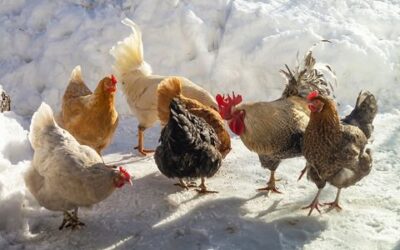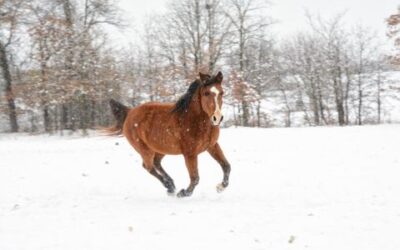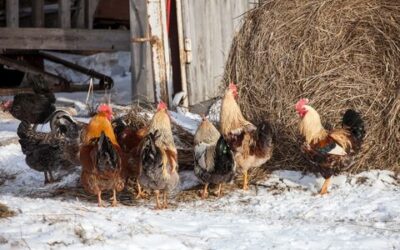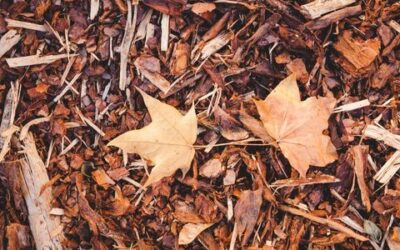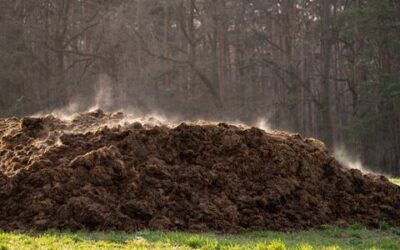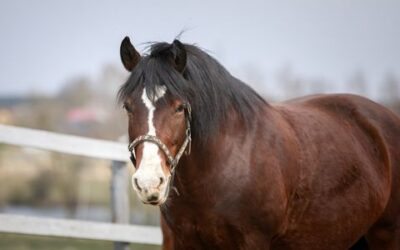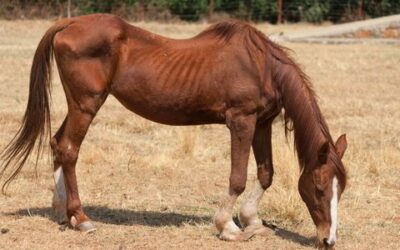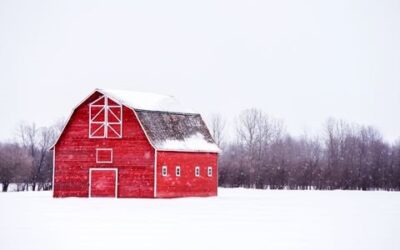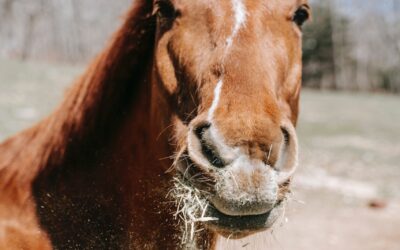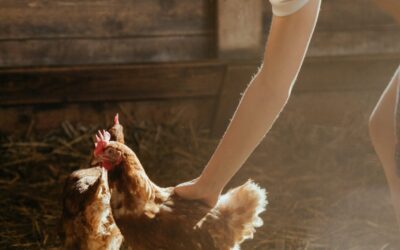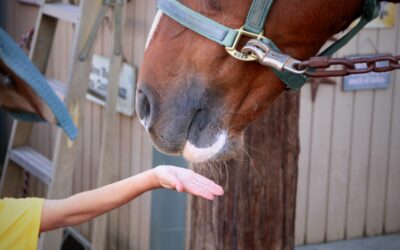Blog Posts
How To Reduce Ammonia in Poultry Houses in Winter
It's true, the smell of ammonia may be stronger in the summer months, with the sun beating down on manure and heating up the dirty coop bedding. However, that doesn’t mean that ammonia is gone in the winter. In fact, ammonia is just as dangerous in winter. While the...
Caring for Older Horses in Cold Winter Months
It is natural to wonder how you can keep your senior horse comfortable with a forecast of snow, sleet, wind, and sub-zero temperatures. As our friends age and enter their golden years, there are additional health considerations that must be made. Generally, a senior...
Caring for Your Chickens in Winter Weather
Don’t let your fowl friends down in foul weather! The harsh temperatures can be tough on all of us, and chickens are no exception. Caring for chickens in winter takes some extra consideration. Your flock relies on you to keep them warm, healthy, and entertained—no...
Reasons To Mulch Your Garden in the Fall
After a summer of gardening, many of us are ready for the reprieve that winter brings. However, before you head inside and bundle up by the fire, it is important to properly winterize your garden in the fall. A large part of winterizing your garden is thoroughly...
A Look at Composting Manure, From Coop to Garden
Once the weather warms up, a swarm of flies around the manure pile is a common sight. Not only is this annoying and unhygienic, but it feels like there must be another way. So what is it? What can we do with chicken manure? If you have a garden, you may be familiar...
5 Warning Signs That Your Horse Has Laminitis
For horse owners, laminitis is a literal nightmare. This serious health condition affects the laminae of the horse’s hoof—the laminae connect the hoof wall to the coffin bone of the horse, this can cause the coffin bone to rotate, and in extreme cases, it can even...
What To Know About Caring for an Underweight Horse
Have you ever owned or worked with underweight horses or a horse that was a “hard keeper”? A hard keeper refers to a horse who is consistently thin and has a difficult time gaining and maintaining weight. In this blog, we look at this topic with a forage-based...
Tips For Preparing Your Barn For Winter Weather
As the air begins to chill and the temperature drops, it's time to start thinking about prepping barns in winter. For those of us in New England and the surrounding areas, we know that winter can be tough on horses and horse owners alike. While it may seem cliché to...
10 Tips for Preventing or Reducing Ulcers in Horses
For horses, particularly performance horses, ulcers are becoming more common. In fact, according to Beth Davis, DVM, Ph.D., DACVIM of Kansas State University in Manhattan, Kansas, “Gastric ulcers have been reported to affect up to 90 percent of racehorses and 60...
Does Your Horse Need Their Teeth Floated?
A horse’s dental health has a direct impact on all other factors of their life. Here’s information on the importance of horse teeth floating.
5 Steps to Spring Clean Your Chicken Coop
When the weather gets warm, it’s time to start spring cleaning. Chicken coop maintenance is essential and should be your top priority this season.
Proper Treats for Insulin-Resistant Horses
If you have a horse with Insulin Resistance (IR), Cushing’s, or Equine Metabolic Syndrome (EMS), monitoring their sugar intake is essential. Sugars and other simple carbohydrates, referred to as Non-Structural Carbohydrates...

